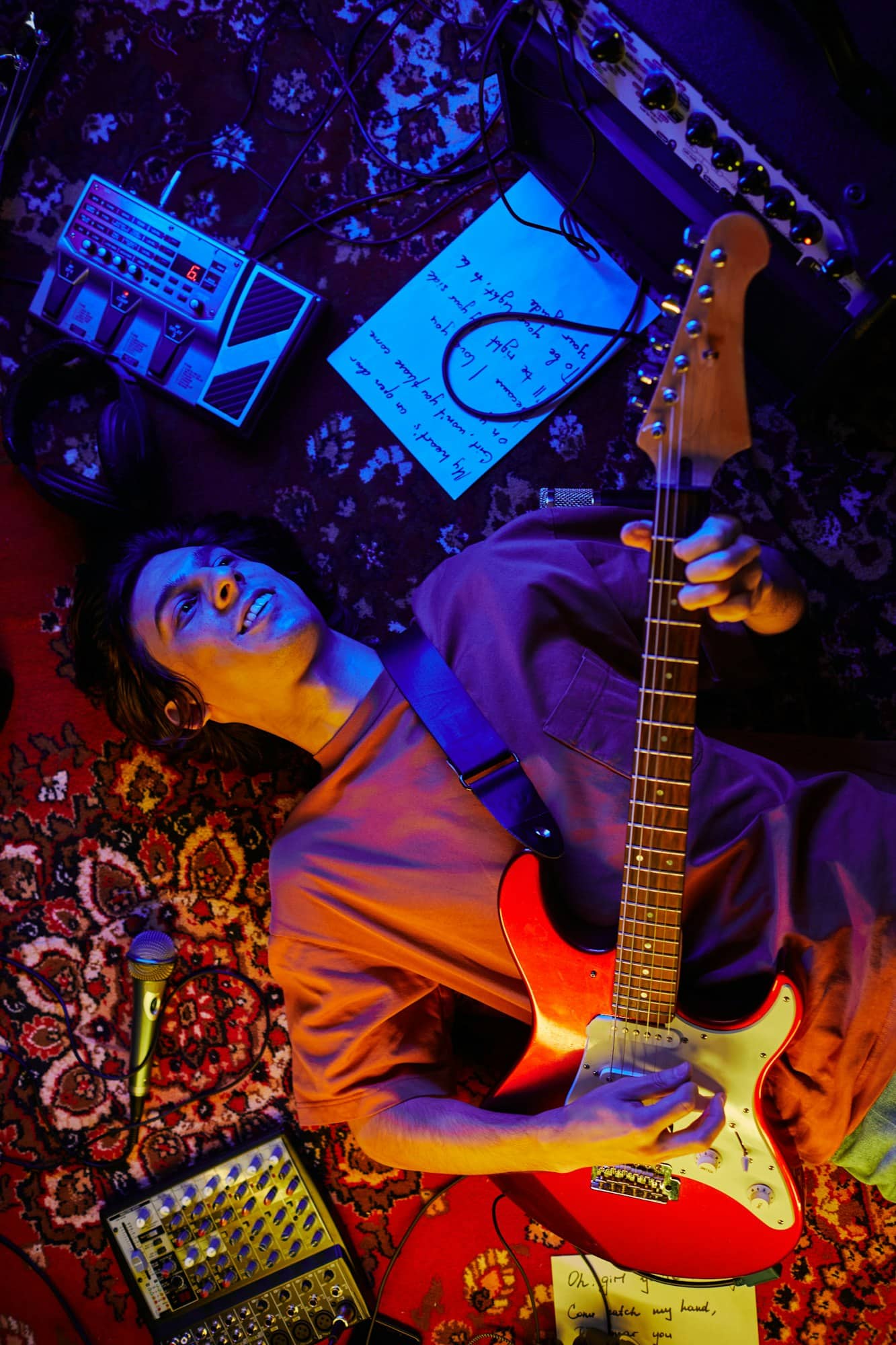What Are the Most Effective Mental Rehearsal Techniques for Professional Poker Players?

Poker, a game of strategy, skill, and chance, has captivated players around the globe for centuries. While it’s easy to understand the basics, the game’s complexity can quickly overwhelm players, leading to critical errors. From online poker rooms to high-stakes tournaments, a player’s mental fortitude can often be the difference between a win or a loss. Mental rehearsal, an essential tool for professional poker players, is the topic of our discussion today. We will explore how it influences player’s decisions at the poker table, assists in emotional control, and helps avoid the dreaded ’tilt’.
Harnessing the Power of the Mind in Poker
The mind is a powerful tool in poker. Before delving into the techniques used by professional poker players to mentally rehearse, it’s essential to understand why mental strength is a critical factor in this game.
Additional reading : How Can High-Frequency Vibratory Massage Aids Improve Recovery for Olympic Gymnasts?
Poker is not merely a game of cards. It’s a game where players must continuously assess their decisions, manage their emotions, and adjust their strategies. This mental gymnastics is where the power of the mind comes into play. A player with a sharp mind and strong emotional control will likely outlast a player who relies purely on the luck of the draw.
Every hand dealt in poker presents an opportunity for mental exercise. From calculating odds and probabilities to interpreting opponents’ behaviors, poker requires a significant amount of mental agility. However, this mental stress can lead to a state of ’tilt’, a term in poker which means a state of emotional frustration that can negatively affect a player’s game.
Topic to read : Find your perfect gel blaster pistol: enjoy 20% winter savings!
Mental Rehearsal: A Game Changer
The concept of mental rehearsal isn’t new. Many successful individuals, from athletes to entrepreneurs, systematically employ this technique to enhance their performance. So, what is mental rehearsal, and how does it apply to poker?
Mental rehearsal, essentially, is the practice of envisioning a process or event before it occurs. In poker, mental rehearsal can aid players in handling intense pressure, making strategic decisions, and controlling emotions at the table. It can also help players prepare for various scenarios, enabling them to react more effectively in real-time.
For instance, players can mentally rehearse their reactions to specific hands, such as losing a significant pot or facing a bluff. This rehearsal allows them to manage their emotions better, maintain their composure, and continue playing with their strategic plan in mind.
Techniques for Effective Mental Rehearsal
Now that we’ve understood the importance of mental rehearsal in poker, let’s delve into some of the most effective methods employed by professional players. Remember, mental rehearsal is not one size fits all; what works for one player may not necessarily work for another. It’s essential for players to find a method that suits their play style and comfort.
Visualization is one of the most common techniques for mental rehearsal. This involves picturing a game scenario in your mind and strategizing your responses. Professional players often visualize how they will respond to getting a bad hand, facing a bluff, or managing a huge win. Visualization helps to prepare the mind for these scenarios, reducing the shock factor and enabling better decision-making during the actual game.
Mental Simulation is another effective method, especially in online poker. In this technique, players simulate the game in their minds, going through each step from the comfort of their homes. This rehearsal allows players to analyze different strategies and their possible outcomes without the risk of losing real money.
Implementing Mental Rehearsal in Your Poker Routine
Integrating mental rehearsal into your poker routine doesn’t have to be a daunting task. It can be as simple as taking a few minutes before a game to visualize potential scenarios and strategize your responses.
Start by identifying situations that have previously caused stress or led to poor decisions. Then, visualize these situations and mentally rehearse your response. Over time, this practice will help you develop emotional resilience, allowing you to handle high-pressure situations with ease.
For online poker players, mental simulation can be easily incorporated into your daily routine. Simply set aside some time each day to simulate a game in your mind. Go through each step, from receiving your hand to making your final bet, and think about the potential outcomes of different decisions.
Remember, the goal of mental rehearsal is not to predict every possible scenario or guarantee a win. Instead, it’s about preparing your mind to handle various situations, enabling you to make better decisions, control your emotions, and ultimately, improve your overall game.
Enhancing the Poker Game through Mindfulness Meditation
As we delve deeper into the realm of mental rehearsal, mindfulness meditation emerges as another significant technique that poker players can use to enhance their mental game. Mindfulness meditation involves training your mind to focus on the present moment, heightening your awareness of your thoughts, feelings, and surroundings.
In the high-stakes environment of a poker game, maintaining focus and emotional control can be challenging. Players often find their minds wandering to past hands or potential future scenarios, leading to anxiety and emotional volatility. Mindfulness meditation helps players maintain their concentration, manage their emotions, and stay present in the game.
For instance, suppose a player experiences a significant loss. In that case, mindfulness meditation can help them acknowledge their disappointment without letting it cloud their judgment or strategy for the rest of the game. On the other hand, if a player is on a winning streak, mindfulness can keep them grounded, helping them avoid overconfidence that could lead to reckless decisions.
To incorporate mindfulness meditation into your poker routine, start with short sessions of around 5-10 minutes daily. Focus on your breath, and when your mind starts to wander, gently bring it back to the present moment. Over time, you can gradually increase the duration of your sessions. Regular practice will not only enhance your poker game but also improve your overall mental wellness.
Body Language and Poker Face: The Unspoken Game Theory
Apart from the mental rehearsal techniques discussed so far, understanding body language can significantly improve a poker player’s game. As the saying goes, "actions speak louder than words," and this is particularly true in poker where facial expressions, posture, and gestures can reveal a lot about a player’s hand and strategy.
A player’s poker face and body language are aspects of the game theory that go beyond the cards. By observing opponents closely, players can pick up on subtle cues or ‘tells’ that reveal information about their hand. Similarly, being mindful of their body language can help players avoid giving away information to their opponents.
For instance, a player who suddenly sits up straight might have received a strong hand, while a player who starts fidgeting could be bluffing. Understanding these subtle cues can give players an edge in the game, allowing them to make more informed decisions.
However, mastering body language in poker is a skill that requires practice and keen observation. Start by observing your behavior during a game and note any habits you might have. Then, work on controlling these habits to maintain a neutral poker face. Simultaneously, observe your opponents and look out for any patterns in their behavior.
By implementing these techniques in your poker routine, you will not only enhance your mental toughness but also gain a deeper understanding of the game’s nuances.
Conclusion: The Road to Becoming a Better Poker Player
As discussed in the article, mental rehearsal plays a crucial role in the game of poker. Techniques like visualization, mental simulation, mindfulness meditation, and understanding body language are all valuable tools that can significantly enhance a player’s game.
Remember, becoming a professional poker player is not just about understanding the game’s rules or having the best hand. It’s about the mental game, controlling your emotions, making strategic decisions, and adjusting your strategy based on the game’s progress.
It’s about understanding the subtle art of observing your opponents and using this information to make informed decisions. It’s about maintaining a poker face and managing your body language to avoid giving away any clues to your opponents.
But most importantly, it’s about continuous learning and improvement. Even the most seasoned poker players still have room for growth. So, keep practicing, keep learning, and keep pushing your boundaries. Remember, in the world of poker, the game is as much about skill as it is about luck.
After all, as the poker legend Doyle Brunson once said, "Poker is a game of people… It’s not the hand I hold, it’s the people I play with." So, keep honing your mental agility, emotional control, and observation skills, and you’ll be well on your way to becoming a better poker player.
